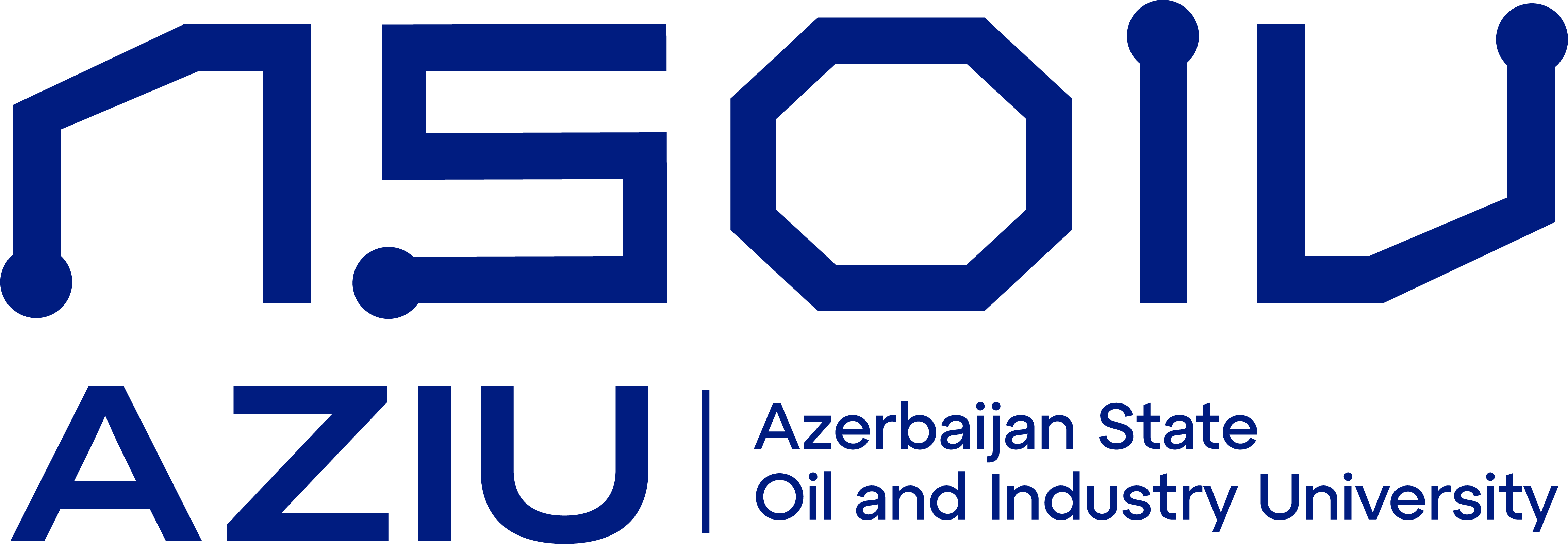The Azerbaijan State Oil and Industry University has incorporated the Sustainable Development Goals (SDGs) set by the United Nations General Assembly (UNGA) into its educational programs, marking a commitment to what is commonly known as "Sustainability Education." This initiative aims to bridge the gap between education and the imperatives of sustainable development, a challenge often overlooked by the younger generation. In response, there's a pressing demand in higher education to develop a sustainability curriculum that is not only comprehensive but also applicable to real-life scenarios across all academic disciplines.
1. Renewable Energy (Warwick)
This major directly contributes to SDG 7 – Affordable and Clean Energy and SDG 13 – Climate Action by equipping students with the knowledge and skills to design, implement, and optimize renewable energy systems. It focuses on sustainable energy technologies such as solar, wind, hydro, and bioenergy, while also addressing energy efficiency, storage, and policy. Graduates are prepared to lead the transition to a low-carbon future and reduce reliance on fossil fuels. For detailed information on how sustainability has been integrated into the curricula of program, you can visit the following link:
2. Food Engineering
Food Engineering supports SDG 2 – Zero Hunger and SDG 12 – Responsible Consumption and Production through the development of sustainable food production technologies. The program covers resource-efficient processing, food safety, waste reduction, and the design of eco-friendly packaging and distribution systems. It plays a crucial role in building resilient food systems that can sustainably feed growing populations. To explore how sustainability elements are embedded within the curriculum of program, please refer to the following link:
3. Ecological Engineering
Ecological Engineering aligns strongly with SDG 6 – Clean Water and Sanitation, SDG 15 – Life on Land, and SDG 13 – Climate Action. The program focuses on using natural processes for environmental restoration, pollution control, and the design of eco-sustainable systems such as wetlands, green infrastructure, and biodiversity conservation strategies. Students are trained to integrate engineering principles with ecological stewardship. Comprehensive information regarding the integration of sustainability into program curricula is available at the link below:
4. Energy Engineering
Energy Engineering contributes to SDG 7 – Affordable and Clean Energy, SDG 9 – Industry, Innovation, and Infrastructure, and SDG 13 – Climate Action. The curriculum emphasizes sustainable energy production, smart grid technologies, carbon footprint reduction, and energy policy development. It enables graduates to address global energy challenges with a focus on long-term environmental and economic sustainability. For an in-depth overview of how sustainability has been incorporated into academic program, you may consult the following link:
5. Life and Safety Engineering
This major supports SDG 3 – Good Health and Well-being and SDG 11 – Sustainable Cities and Communities by focusing on the development of safe, sustainable working and living environments. Topics include occupational safety, disaster resilience, environmental health, and risk management. It prepares professionals to design systems and infrastructures that minimize risks and promote sustainable, secure human development. Details on the curriculum-level implementation of sustainability across the programs can be found via the following link:
